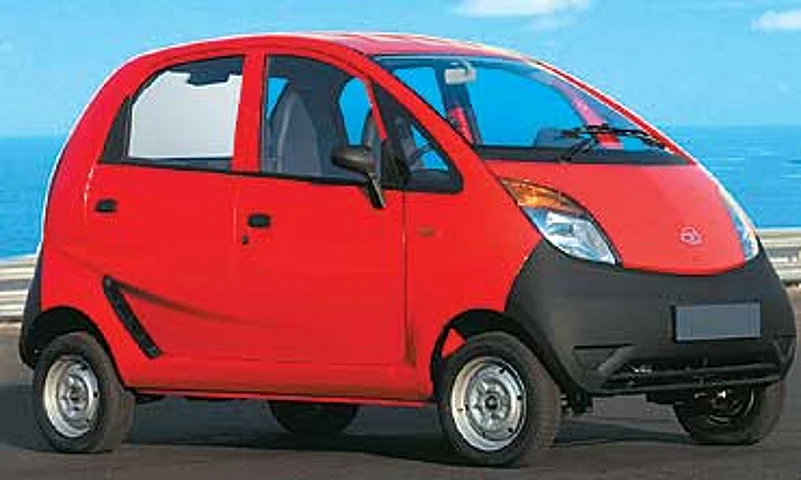- Groundwork began in mid-September
- A crack team of the government worked non-stop over 10 days to seal the deal
- Gujarat did its wooing of the Tatas in complete secrecy
- Assured land at Sanand was the clincher, remaining land acquired in just 6 hours
- Friendly environment and proposed port, airport nearby were sweeteners
***

Certainly, the Gujarat government's quick decision-making played a big role, Ratan Tata even saying he was "truly amazed" and that this "had a bearing on the final choice". For a state that doesn't usually give concessions to industry, it also handed out a package which, though under wraps, broadly matches what Bengal had offered at Singur. It helped that Modi has been dreaming of converting Gujarat into an automobile hub. The Indira Gandhi Institute for Development Research's Ashima Goyal says, "On the face of it, the move may seem a swing from the extreme Left to extreme Right, but it isn't so. The Tatas are an ethical company...and Gujarat always had a face of being pro-economic growth."
Economist Bibek Debroy says the Tatas are moving in because the state has some of the best economic/infrastructure indicators. "We have to recognise that there is an economic aspect and a political aspect to every state and that in Gujarat, the two are often not easily de-linked, though they ought to be," he says.
Apart from the decent labour environment, the state also has good connectivity. The planned Delhi-Mumbai Industrial Corridor passes through Gujarat and the proposed development of Dholera port and an international airport nearby were sweeteners. Moreover, areas around Rajkot are emerging as an auto ancillary hub with about 30 per cent of Nano suppliers already based there. "We hope to keep the time (for the launch) and priceline, launching the car in the last quarter of '08-09," Kant said at the signing.
While commentators were careful not to link politics to the decision, there are lessons here for state governments and companies. Says a central government official: "The signals (for West Bengal) may not be very negative. This could well persuade the state to be more proactive and avoid a repeat of the Singur and Nandigram agitations, both of which were the outcome of poor handling of land acquisition and rehabilitation... which remains an emotional issue." Adds Debroy: "I don't think Singur should be interpreted as a victory or failure of a strong or weak state over another. In the context of land acquisition, there are certain recognised avenues in a democracy that need to be followed." That's the key takeaway for India Inc.






















